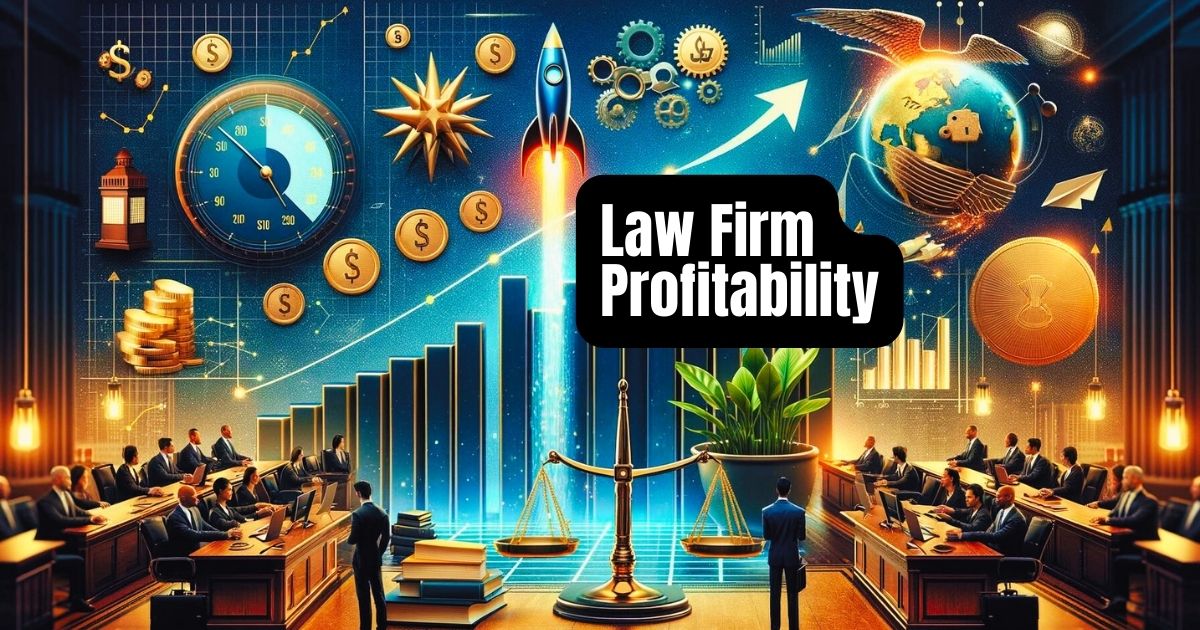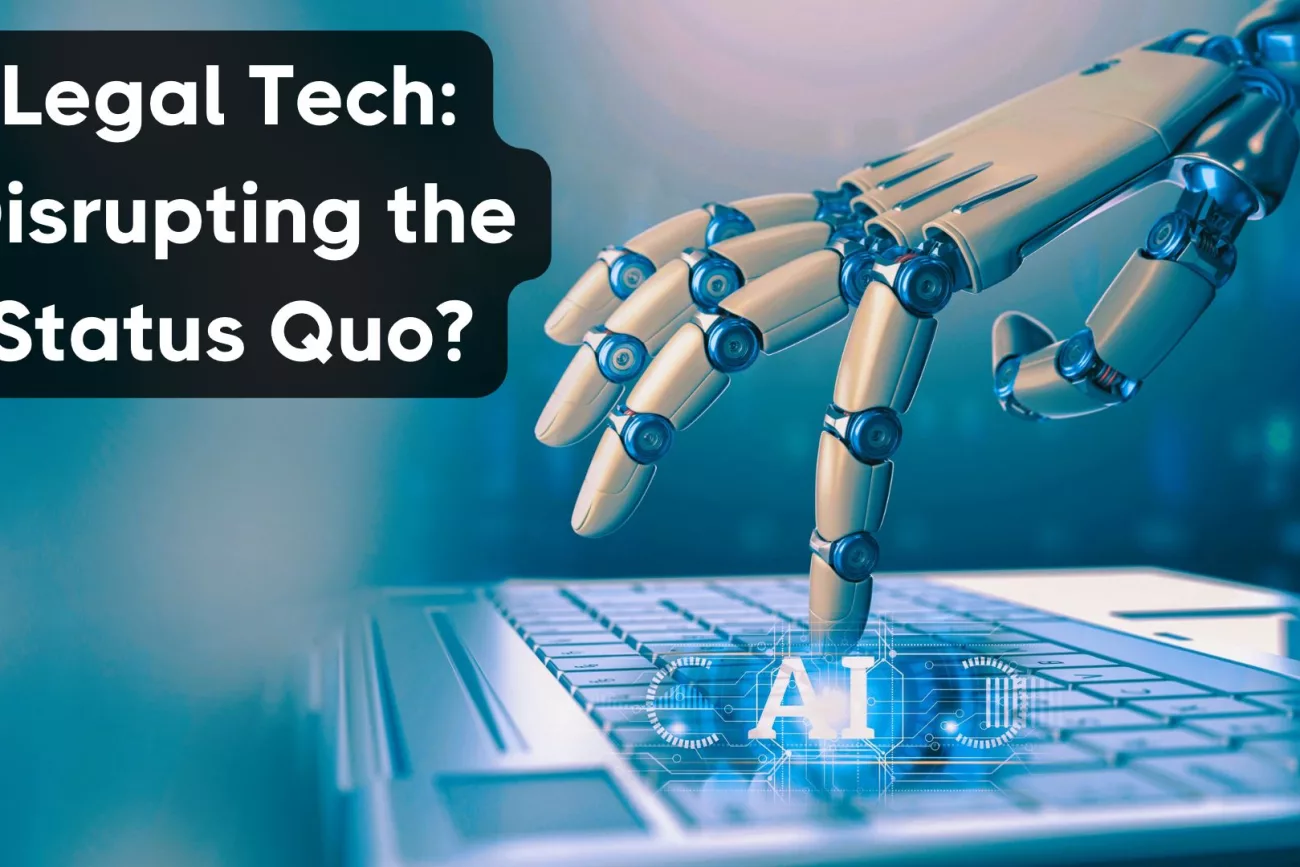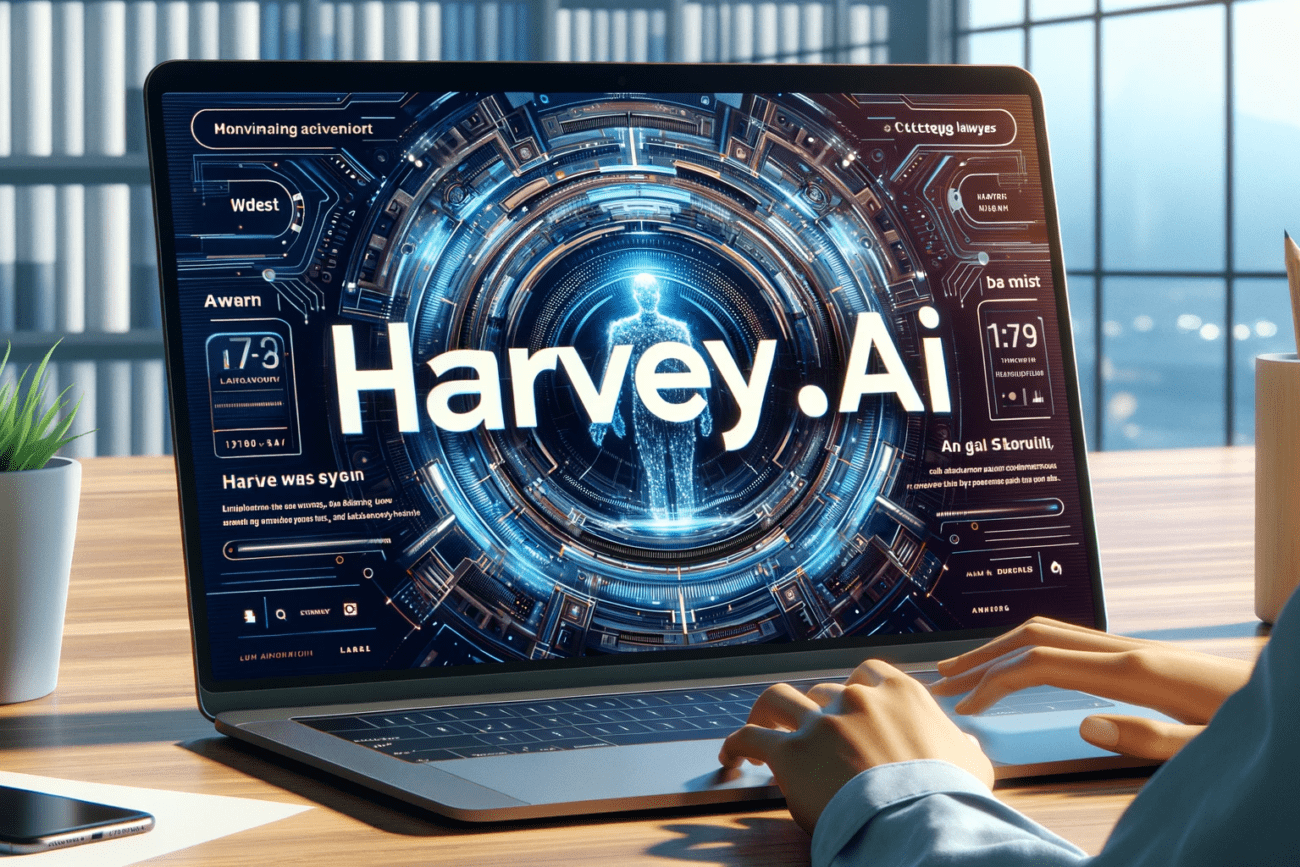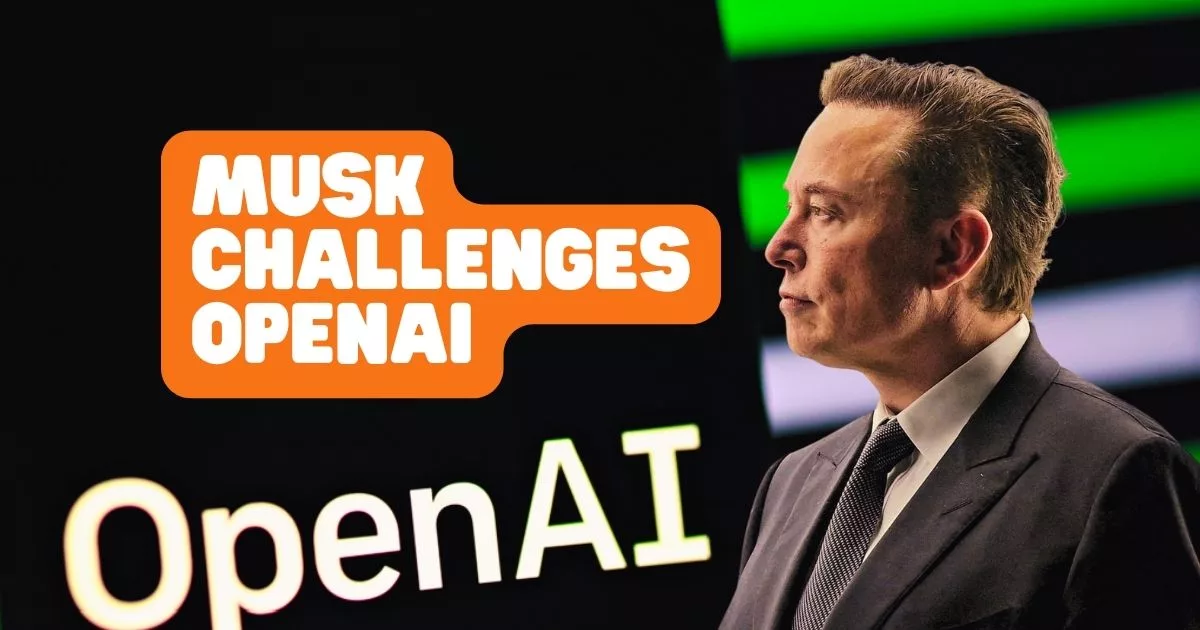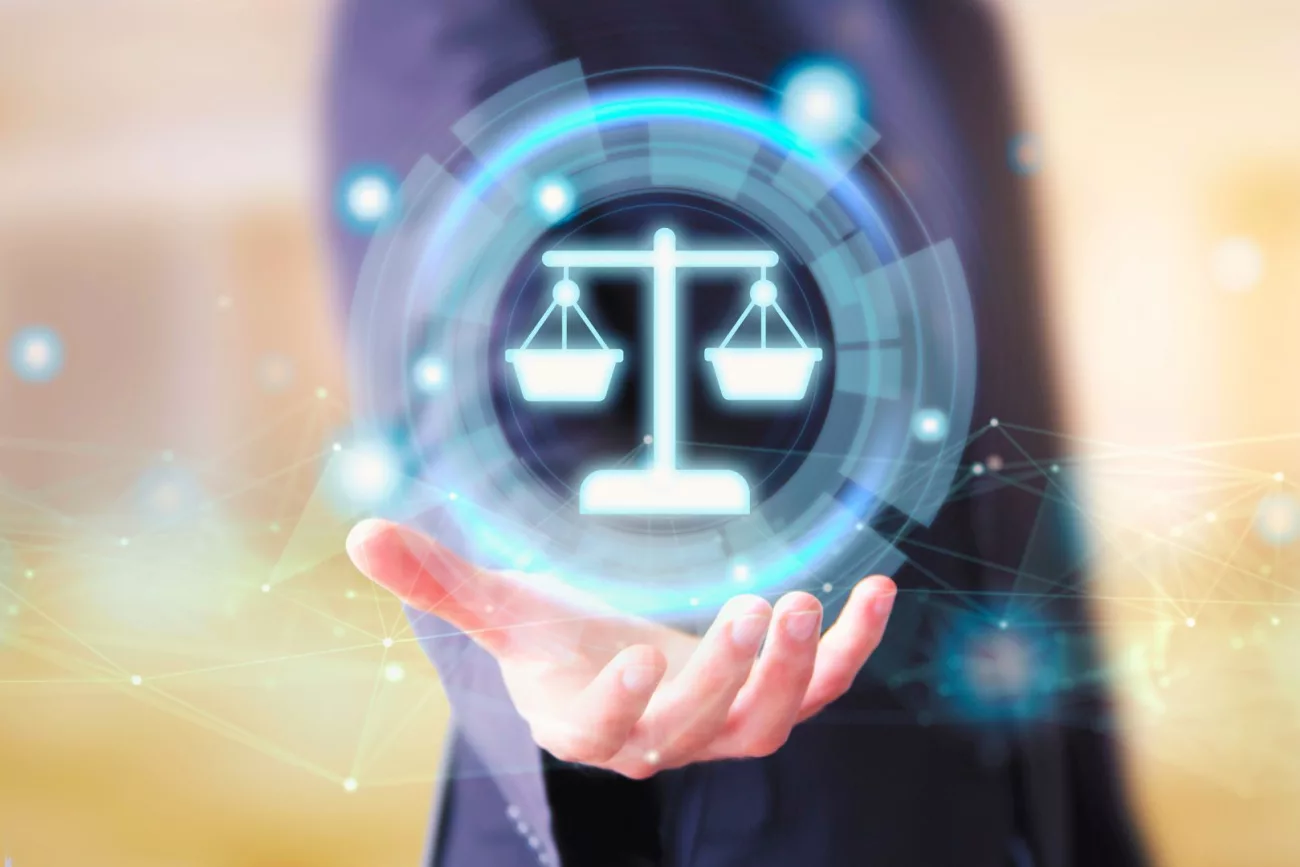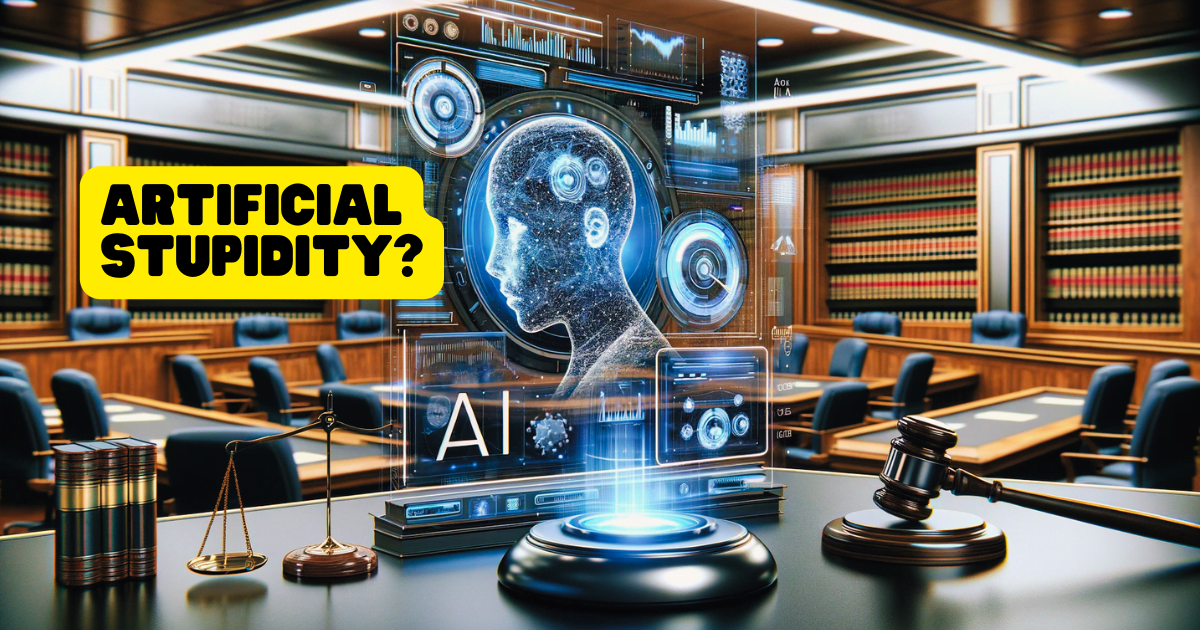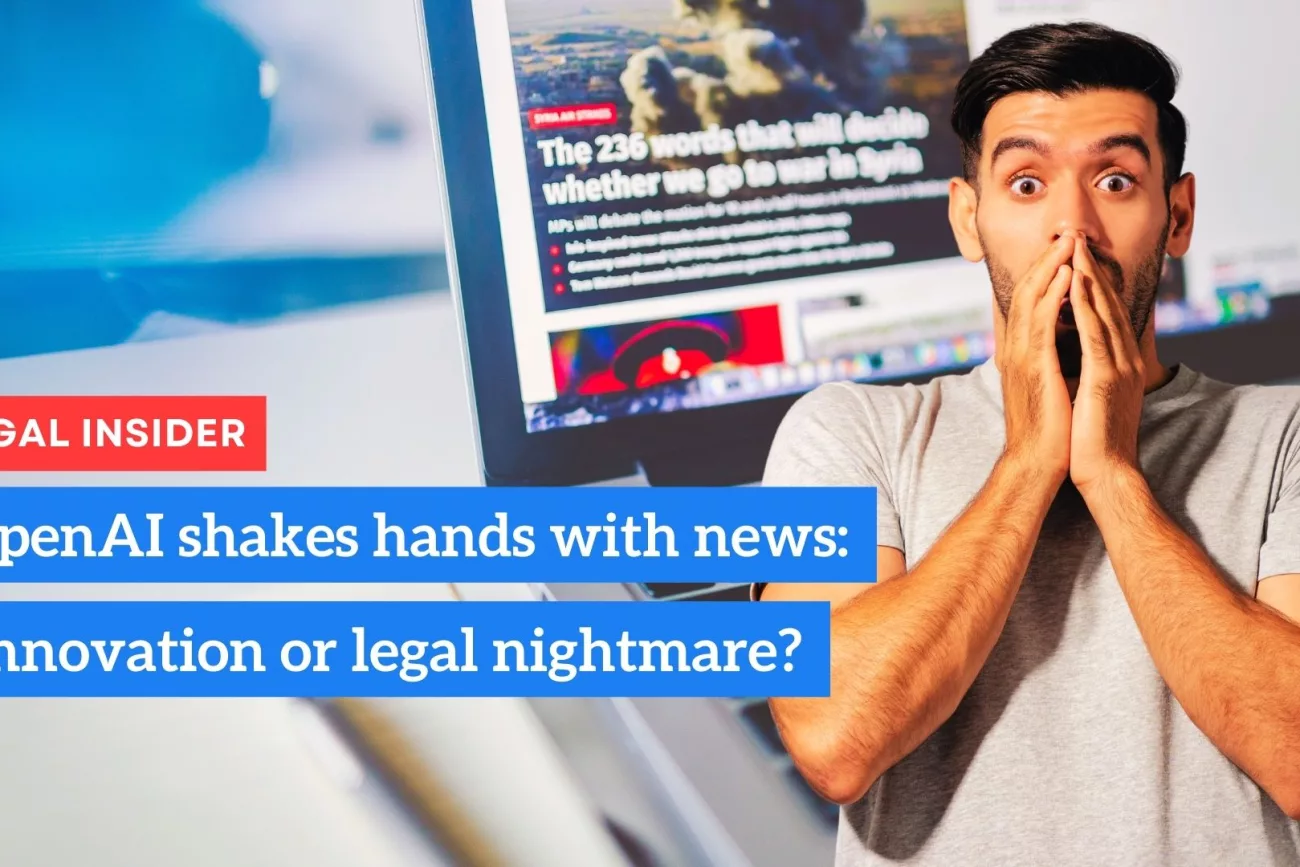
Key Points:
- OpenAI’s deal with AP allows it to use AP’s news archive for AI training, sparking debates about intellectual property rights.
- The deal could be a strategic move to safeguard against potential copyright lawsuits.
- OpenAI’s recent legal troubles, including an FTC investigation and copyright lawsuits, add to the controversy.
- The future of generative AI in news products and services is being explored, raising further legal and ethical questions.
🚀📰 OpenAI’s Groundbreaking Deal with AP: A Game-Changer or a Legal Minefield?
In a move that has sent shockwaves through the tech and legal communities alike, OpenAI, the AI behemoth, has inked a deal with The Associated Press (AP) to license its archive of news stories. This unprecedented agreement has sparked a flurry of debates, with legal professionals and SMEs on LinkedIn dissecting its implications. Is this a revolutionary step forward or a potential Pandora’s Box? Let’s dive in! 🕵️♀️📚
The Deal: A Brief Overview
Last week, OpenAI and AP announced a deal that grants OpenAI access to AP’s text archive, dating back to 1985. This agreement is a significant milestone, as it allows OpenAI to leverage AP’s vast repository of news stories for training its AI models. However, the financial terms of the deal remain shrouded in mystery. 🤝💼
The Legal Angle: A Preemptive Strike Against Potential Lawsuits?
Nick Diakopoulos, a renowned professor at Northwestern University, suggests that this deal could be a strategic move by OpenAI to safeguard against potential legal challenges. By securing a legal license, OpenAI ensures uninterrupted access to the material it needs for training, regardless of how the courts may decide on copyright issues. Is this a masterstroke in legal foresight or a sign of an impending legal storm? ⚖️🌩️
The Controversy: AI and Intellectual Property Rights
This deal has ignited a heated debate about the intersection of AI and intellectual property rights. Kristin Heitmann, AP’s senior vice president, applauded OpenAI’s recognition of the value of fact-based, nonpartisan news content and the importance of protecting intellectual property. However, this has sparked questions about the ethical use of AI and the potential for exploitation of content creators. Is AI a tool for innovation or a threat to intellectual property rights? 🤔💡
The Backlash: OpenAI’s Legal Woes
OpenAI’s recent legal troubles have added fuel to the fire. The company is currently under FTC investigation and facing copyright infringement lawsuits from authors, including Sarah Silverman. Over 4,000 writers have signed a letter accusing AI developers of exploitative practices in building chatbots that “mimic and regurgitate” their language, style, and ideas. Could this deal be a response to these allegations, or is it a harbinger of more legal battles to come? 📚⚔️
The Future: Generative AI in News Products and Services
OpenAI and AP are exploring potential use cases for generative AI in news products and services. While AP has been leveraging AI for nearly a decade, it has yet to use generative AI in its news stories. Could this deal mark the dawn of a new era in news production, or will it open a can of worms in terms of legal and ethical considerations? 🌅🐛
Your Take: Join the Debate
What’s your take on this groundbreaking deal? Are you surprised, concerned, or excited? Share your thoughts, engage in the debate, and let’s explore this complex issue together. Don’t forget to sign up for our newsletter to stay updated on the latest industry trends and debates. Let’s keep the conversation going! 💬🔥
This article is just the tip of the iceberg. The OpenAI-AP deal is a complex issue that warrants further exploration. So, let’s dive deeper, question more, and ignite a thought-provoking discussion. After all, isn’t that what makes the world of law and technology so fascinating? 🌍💫
References:
Share this post
Frequently Asked Questions (FAQs)
Q: What is the OpenAI-AP deal about?
A: OpenAI has signed a deal with AP to license its archive of news stories for AI training.
Q: Why is this deal controversial?
A: It raises questions about intellectual property rights and the ethical use of AI.
Q: What are the legal implications of this deal?
A: The deal could be a strategic move by OpenAI to safeguard against potential copyright lawsuits.
Q: What backlash has OpenAI faced recently?
A: OpenAI is under FTC investigation and facing copyright infringement lawsuits from authors.
Q: What is the future of generative AI in news products and services?
A: OpenAI and AP are exploring potential use cases for generative AI in news products and services.



